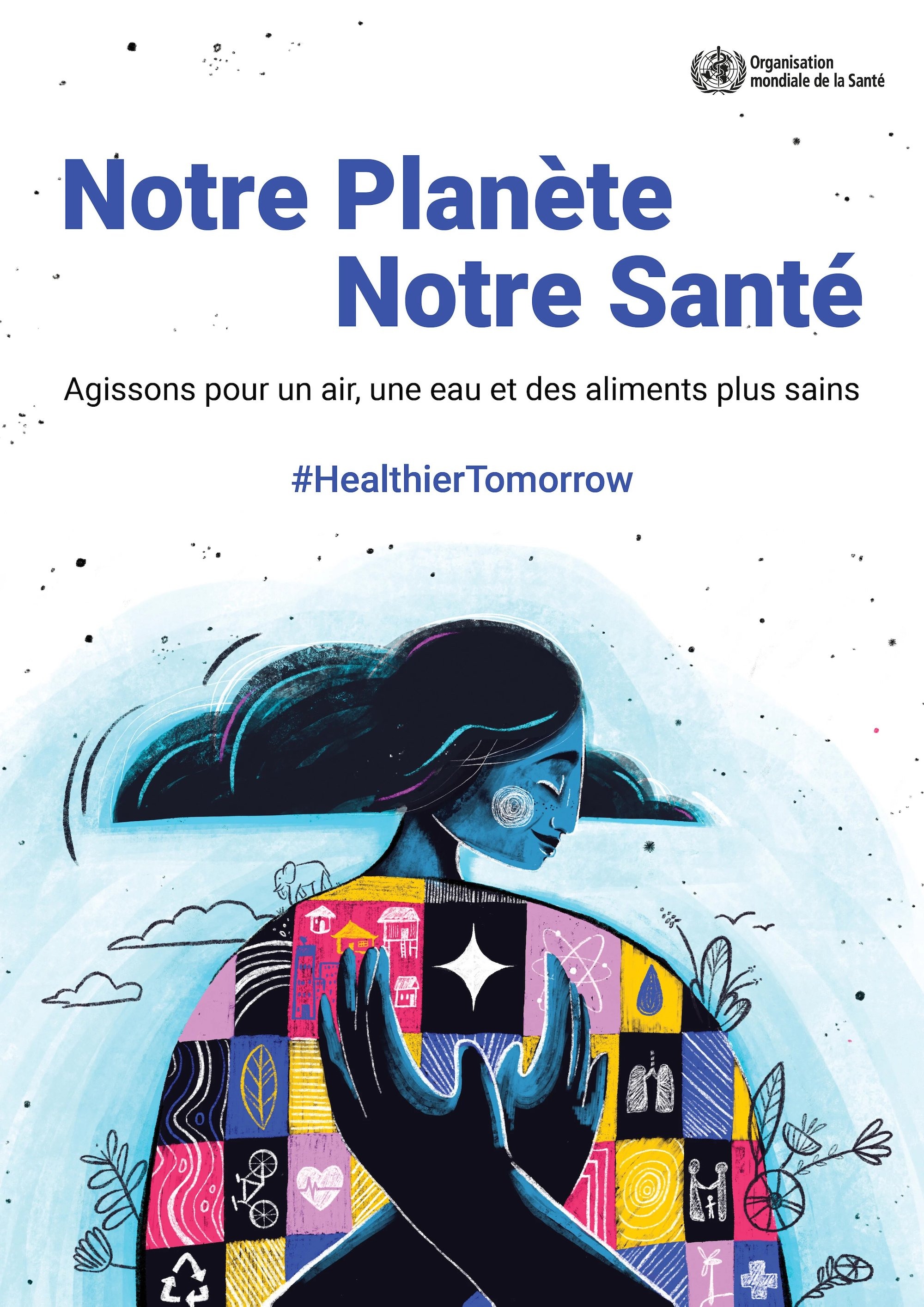Posted ,
Reading 3 mins.
On the occasion of World Health Day, which takes place every year on April 7, the World Health Organization (WHO) warns of emergency measures to preserve the health of our planet and therefore our own health. .
The world is bad. The planet is polluted, the number of pathologies and deaths linked to preventable causes is increasing and the climate crisis is more important than ever. Faced with this alarming observation, the WHO chooses to sound the alarm and wonders if humanity is capable of “rethinking a world where everyone has access to clean air, water and food”, “in which economies prioritize health and well-being”?
Air polluted by fossil fuels
“Air pollution causes seven million premature deaths a year worldwide. according to the WHO and in Europe, it is the greatest environmental risk to health. Indeed, recalls the European Environment Agency, in 2019, fine particle pollution caused “307,000 premature deaths in the EU“. She also believes that “96% of the urban population was exposed to concentrations of fine particles (PM 2.5) above the annual average value of 5 micrograms (µg) per cubic meter recommended by the WHO“. The region of Eastern Europe and Italy are the most affected with the highest concentrations of particles and benzopyrene, a carcinogen, emitted during the combustion of coal and wood.
The climate is warming up through human fault
According to the conclusions of the report of the Intergovernmental Panel on Climate Change (IPCC), the last part of which was published a few days ago, man is indeed responsible for the warming of the planet which has gained about +1.1°C since the pre-industrial era. The side effects of this warming are likely to get much worse. Thus, it is not excluded that we are witnessing more and more regularly episodes of drought and heat waves with, in places, extremes of temperature that are difficult to bear, but also storms, floods, water shortages, loss of agricultural crops…
All of this will have a very strong impact on the most vulnerable people, such as poor populations and indigenous peoples. Rising waters due to glacial melt will push hundreds of millions of people to move too.
Diseases and obesity on the rise
These weather phenomena will inevitably have repercussions on the land, which will deteriorate and in some places there will be a lack of water, which will cause waves of migration. Moreover, pollution is not the only thing harmful to health: the world also knows “a wave of obesity“, in connection with “an increase in cancer and heart disease” underlines the WHO. As a reminder, obesity causes nearly 3 million deaths a year in the world and it is the third cause of death in high-income countries.
What solutions for a sustainable planet?
For the IPCC, even in its most optimistic estimates, the temperature of the planet should increase by 1.5 or even 1.6°C, causing irreversible damage. According to the experts, it is necessarya rapid, radical and most often immediate reduction of greenhouse gas emissions in all sectors“especially energy, transport, industry, agriculture and cities.
For the WHO, the Covid-19 pandemic “revealed weaknesses in all areas of society and underlined the urgency of creating sustainable “wellness-oriented societies” that are committed to ensuring equitable health today and for future generations without, however, exceeding the ecological limits”.
Whereas “the current configuration of the economy results in an inequitable distribution of income, wealth and power, and too many people still live in poverty and instability”. The solution for the organization, which wishes to mobilize the populations to choose their leaders well, is therefore based on “an economy based on well-being and which aims at the well-being of people, equity and ecological sustainability“.

gchg
